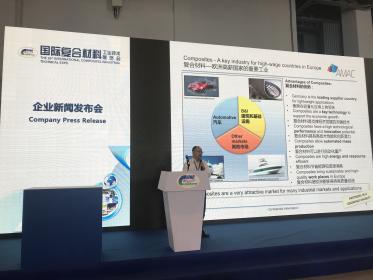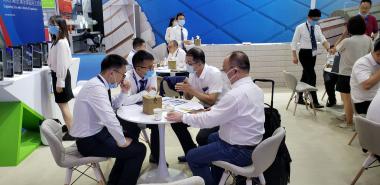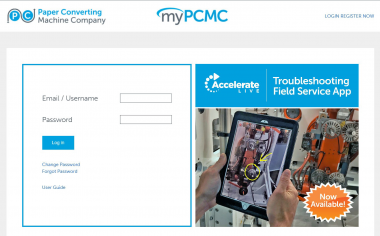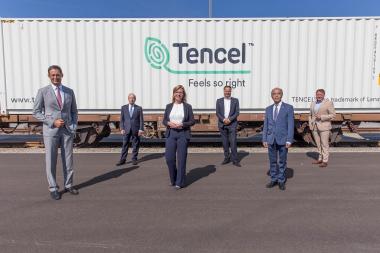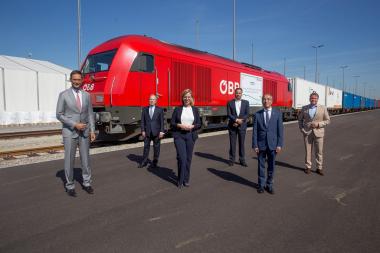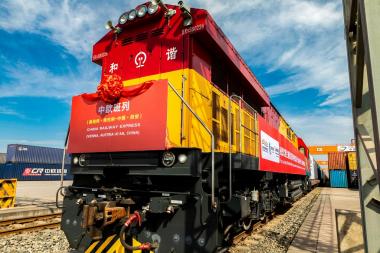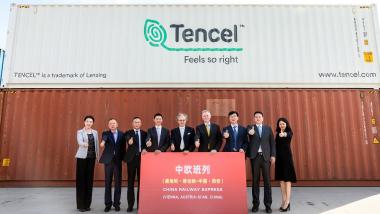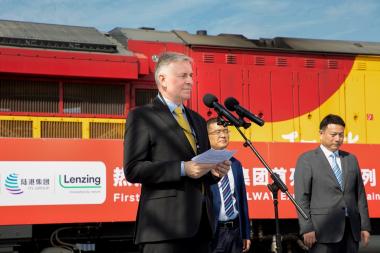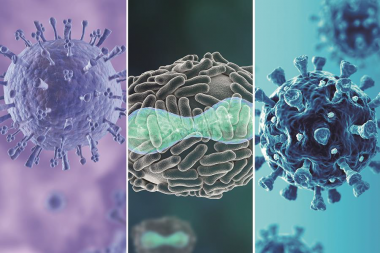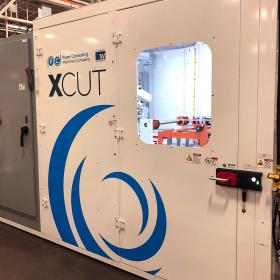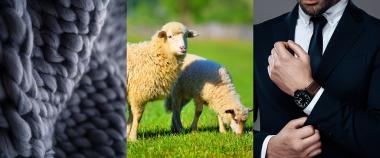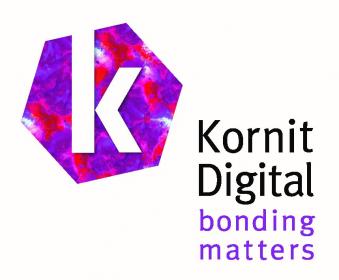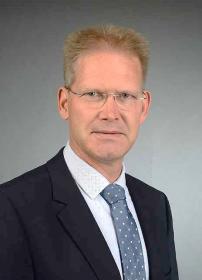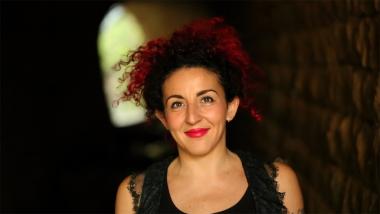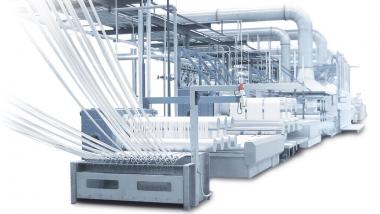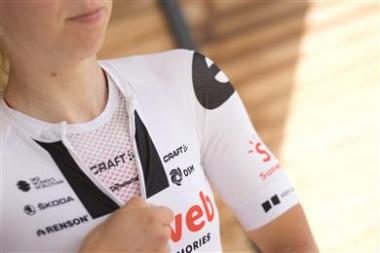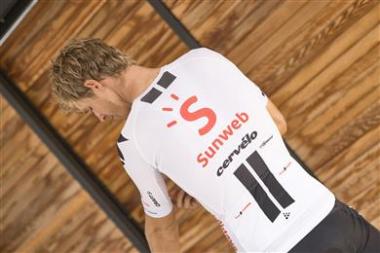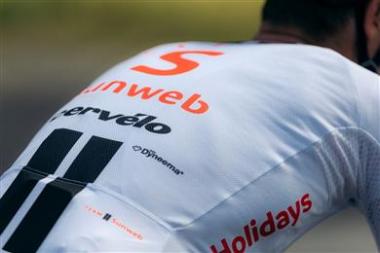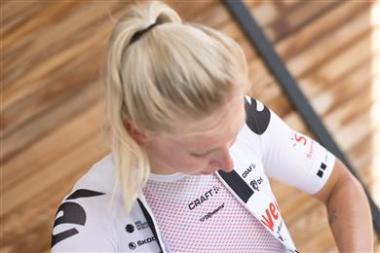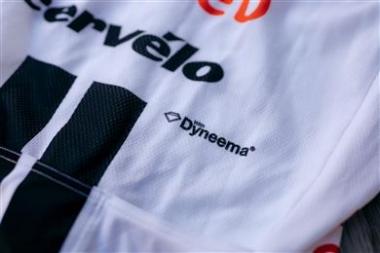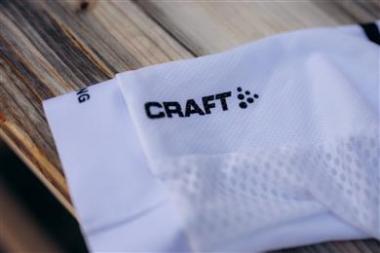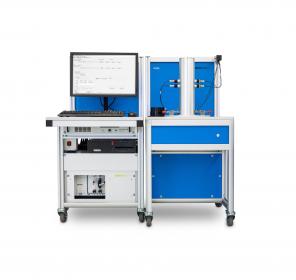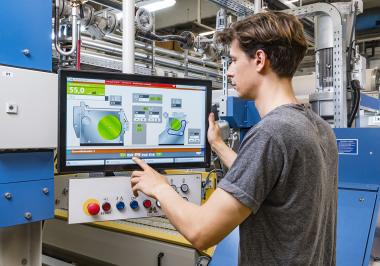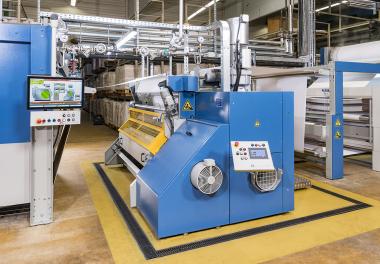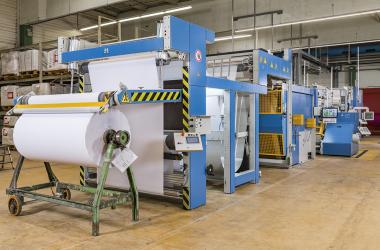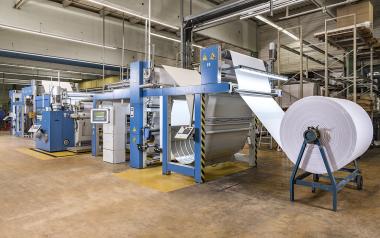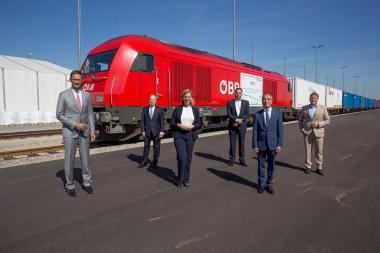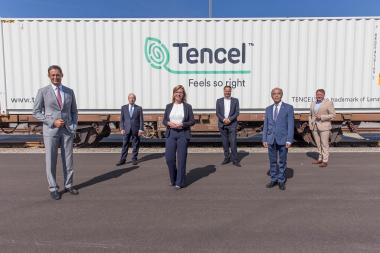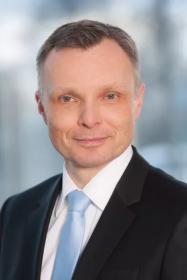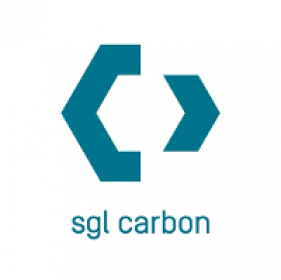AMAC/Germany and REACH Group/China: first life business activity since Covid-19 at the Composites China Trade Show in Shanghai
As the first composites trade show worldwide since the Covid-19-crisis, the China Composites in Shanghai (September 2 to 4, 2020) took up its activity. The show counted about 600 exhibitors and over 20 000 visitors, mostly Chinese locals, attended the exhibition.
Chinese Reach Group under the lead of its president Daniel He represented a large portfolio of European companies and their recent developments through their cooperation with Dr. Michael Effing´s AMAC/Germany, among them Airborne (NL), Textechno (D) and Conbility (D).
Daniel He describes the situation: „The Chinese market is picking up again; a price increase of 7% for glass fibers was announced right before the China Composites Show, on August 25th 2020, which was even leading to a temporary material shortage. Today, the most booming industries in China are wind energy, building and infrastructure and innovation for electric cars. Unlike the rest of the world, where the aircraft industry undergoes a deep decline, in China it takes up by 50 %, which is very promising. Furthermore, we expect half a year for a full recovery of the industry, while the China growth of 2020 is still expected to be between 2 and 4 %.“
Michael Effing replied: “Enabling the composites business between China and Europe is the aim of our cooperation with Reach and with our customers, which are active in digital automatization, testing equipment or cost optimization software. We are very happy to have been present in China through our representant Reach and are looking forward to bridge and overcome the Covid-19-crisis with our upcoming event in Germany, the Composites for Europe in Stuttgart in November and hope to be back to full global business speed at the JEC in Paris in 2021.“


